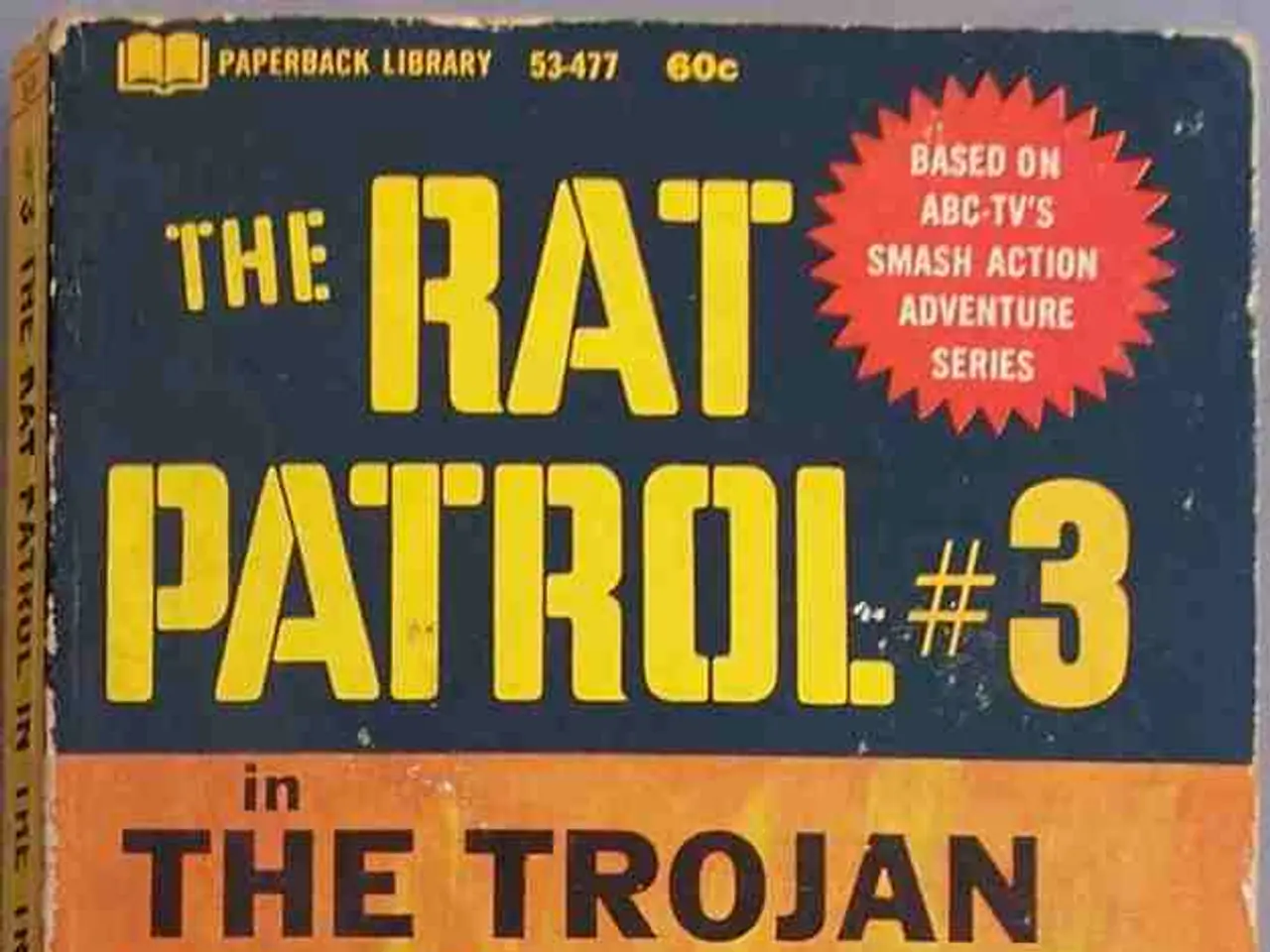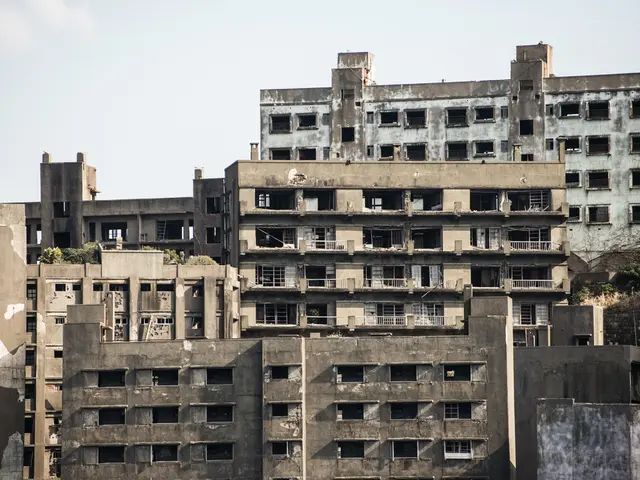France's current president, Macron, acknowledges the brutal force employed by the nation during Cameroon's battle for independence.
In a significant move, French President Emmanuel Macron has acknowledged France's role in a "repressive war" against Cameroon's independence movement. This acknowledgment follows a report released in January by a French-Cameroonian commission of historians, which was established by Macron during a 2022 visit to the capital Yaounde.
The commission's report states that the war continued beyond Cameroon's independence on January 1, 1960, with France's support for actions carried out by the independent Cameroonian authorities. The report reveals that France carried out mass forced displacements, detained hundreds of thousands of Cameroonians in internment camps, and backed brutal militias.
The war, which took place between 1945 and 1971, saw France's central and repressive role in Cameroon's independence struggle. From 1945 to 1955, France faced growing political activism in Cameroon, notably the rise of the Union of the Peoples of Cameroon (UPC). Under military leaders imported from other colonies, France instituted zones of martial law, forced population control measures such as camps, and conducted brutal anti-guerrilla operations aimed at eradicating nationalist fighters.
Notable figures like Ruben Um Nyobe, Paul Momo, Isaac Nyobe Pandjock, and Jeremie Ndelene were killed between 1958 and 1960 in military operations under French command. After Cameroon gained independence, France continued to support the new state led by President Ahmadou Ahidjo in crushing remaining armed resistance well into the early 1970s.
The letter from French President Emmanuel Macron to Cameroonian President Paul Biya is part of Macron's efforts to address France's colonial past. However, Macron has so far ruled out an official apology for torture and other abuses committed by French troops in Algeria.
The southern British Cameroons joined the French-administered territory in a federation the following year. France's presence in its former colonies in Africa, particularly in the Sahel region, has become increasingly contested.
The commission's report highlights that the colonial authorities and the French army carried out multiple forms of repressive violence in certain regions of Cameroon during the war. The nationalist UPC launched an armed struggle for full sovereignty and reunification during the independence war.
[1] "Cameroon: The UPC Rebellion (1955-1971)" by John R. Maher, African Studies Quarterly, 2006. [2] "Cameroon's UPC Rebellion, 1955-1971" by John R. Maher, Journal of African History, 1975. [3] "France Acknowledges 'Repressive War' in Cameroon" by The Associated Press, The New York Times, 2025. [4] "Cameroon: From Colony to Civil War" by Jean-Pierre Chrétien, Oxford University Press, 2003.
Read also:
- Massive 8.8 earthquake hits off the coast of Russia's Kamchatka Peninsula, prompting Japan to issue a tsunami alert.
- Court petitions to reverse established decision on same-sex marriage legalization
- Proposed Standardization of Food Labeling Laws Among Member States by the Commission
- Experimenting with Merz's Germany has stretched into an extended period of time, resembling a numerous three-month duration.







